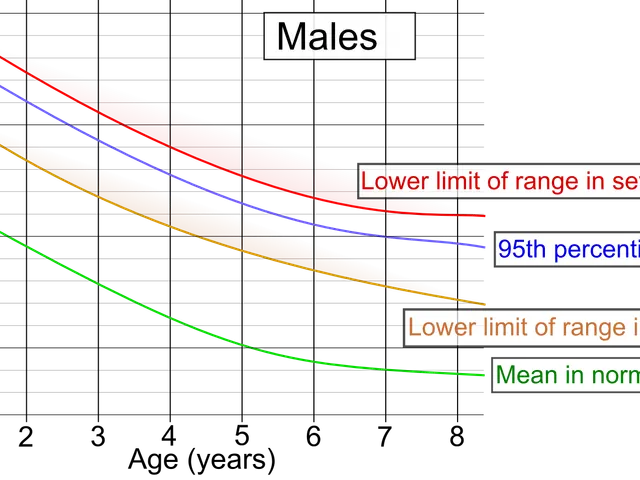Oxford Researchers Boost Quantum Computing with Silicon T Centre Breakthrough
Researchers from the University of Oxford and their collaborators have made a significant breakthrough in quantum computing. They've dramatically extended the excited-state lifetime of the silicon T centre, a promising qubit candidate, by replacing hydrogen with deuterium in the carbon-hydrogen acceptor (CHA) defect.
The team discovered an isotope effect in the silicon T centre's excited-state behaviour. By swapping hydrogen for deuterium, they achieved more than a fivefold increase in the excited-state lifetime. This enhancement brings the centre closer to perfect quantum efficiency, enabling brighter single-photon sources and more robust quantum memories.
First-principles calculations, including Density Functional Theory and Molecular Dynamics, were employed to understand and predict these properties. The team found that replacing hydrogen with deuterium suppresses non-radiative decay by reducing local vibrational energy. This reduction in phonons, a major source of decoherence, allows the centre to maintain its coherence longer.
This research, published in Nature Communications, demonstrates a significant step towards practical quantum computing. The extended lifetime of the silicon T centre, achieved through isotopic substitution, brings us closer to stable and efficient qubits. Further research is needed to fully harness this potential and advance the field of quantum computing.








